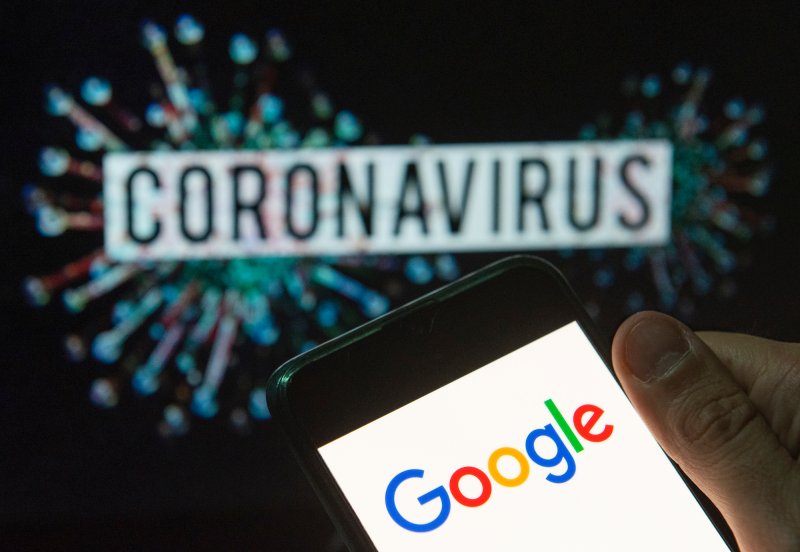Last week Google has said that it will forbid the apps and websites that utilize its advertising platforms for running advertisement campaigns regarding the promotion of the COVID-19 conspiracy theory. The Internet giant has recently updated its policies as the global health emergency has continued to expand.
Major social media platforms such as Google and Facebook have played an active role during the last few months regarding the prevention of misinformation of COVID-19. In a statement, Google said that dunked conspiracy theory ads are not allowed to make money via their platform. Popular conspiracy circulating these days is that the novel coronavirus had been prepared as a bioweapon by Microsoft owner Bill Gates in a Chinese lab and that COVID-19 is a hoax.
All the advertisers will be banned by Google that creates their own ads that promote coronavirus conspiracy theories. The tech giant has already banned inappropriate content linked with the anti-vaccination movement or miracle cure of coronavirus. Not just that, publisher content that encourages such topics has also been banned.
Only a few institutions are allowed to run the advertisements regarding the COVID-19 pandemic such as the government bodies and the healthcare providers so that activities like price-gouging and medical supplies will be prevented.
The revenue generated by Google in 2019 was about $135 billion. Most of the generated revenue was from programs like AdSense, Google Ad Manager, and Ad Mob. According to the company, the changes will be observed by the mid of August. Google can remove ads from a singular article and sometime the complete website will be banned.
A spokesperson of Google told in an interview: “We are putting additional safeguards in place by expanding our harmful health claims policies for both the publishers and advertisers to include dangerous content about health crises that contradicts scientific consensus.”





 Fawad Chaudhry Congratulated Attock oil for launching the first EV Charging station
Fawad Chaudhry Congratulated Attock oil for launching the first EV Charging station